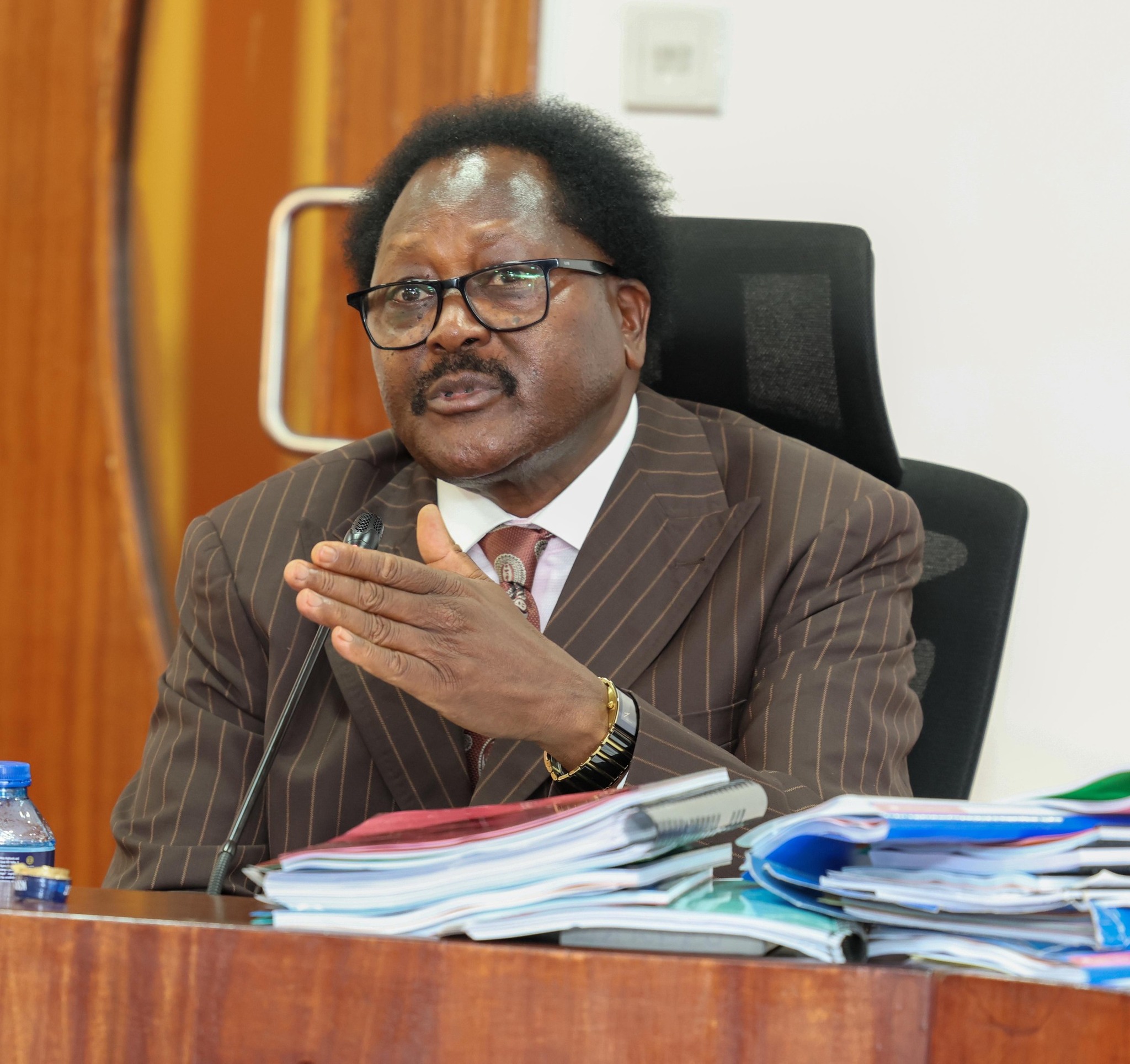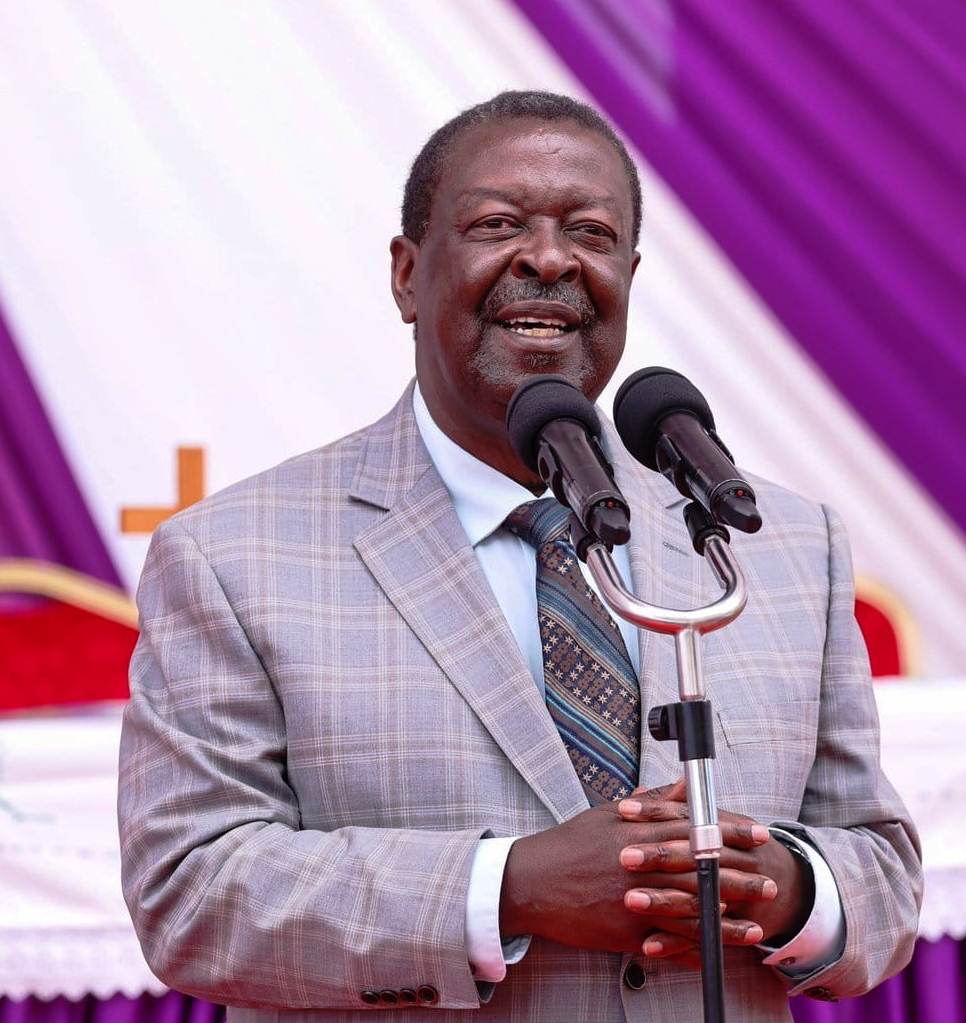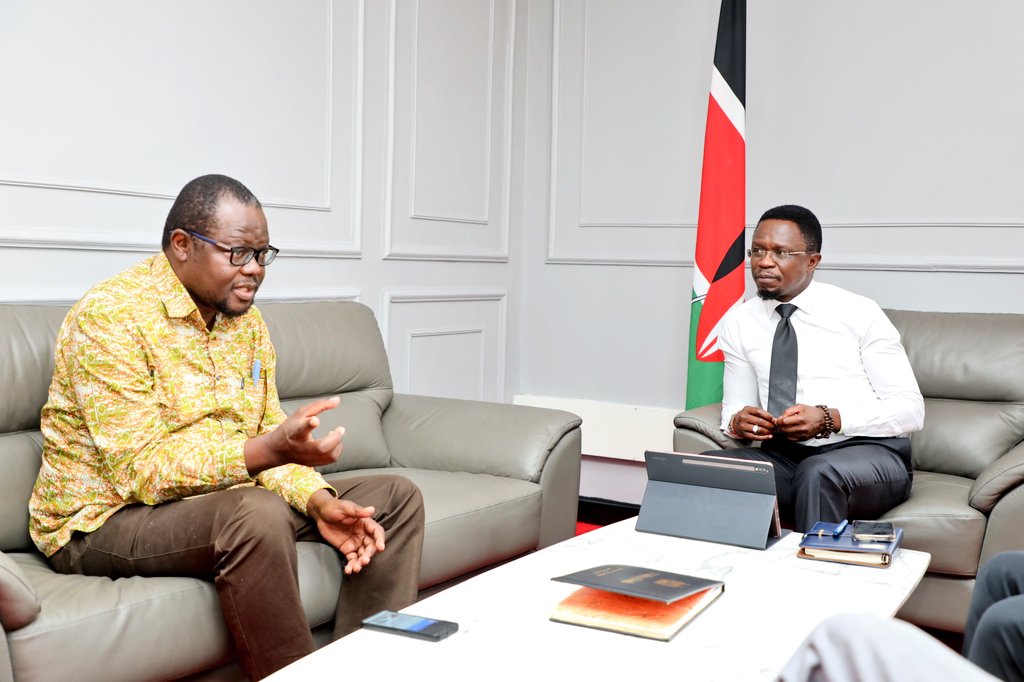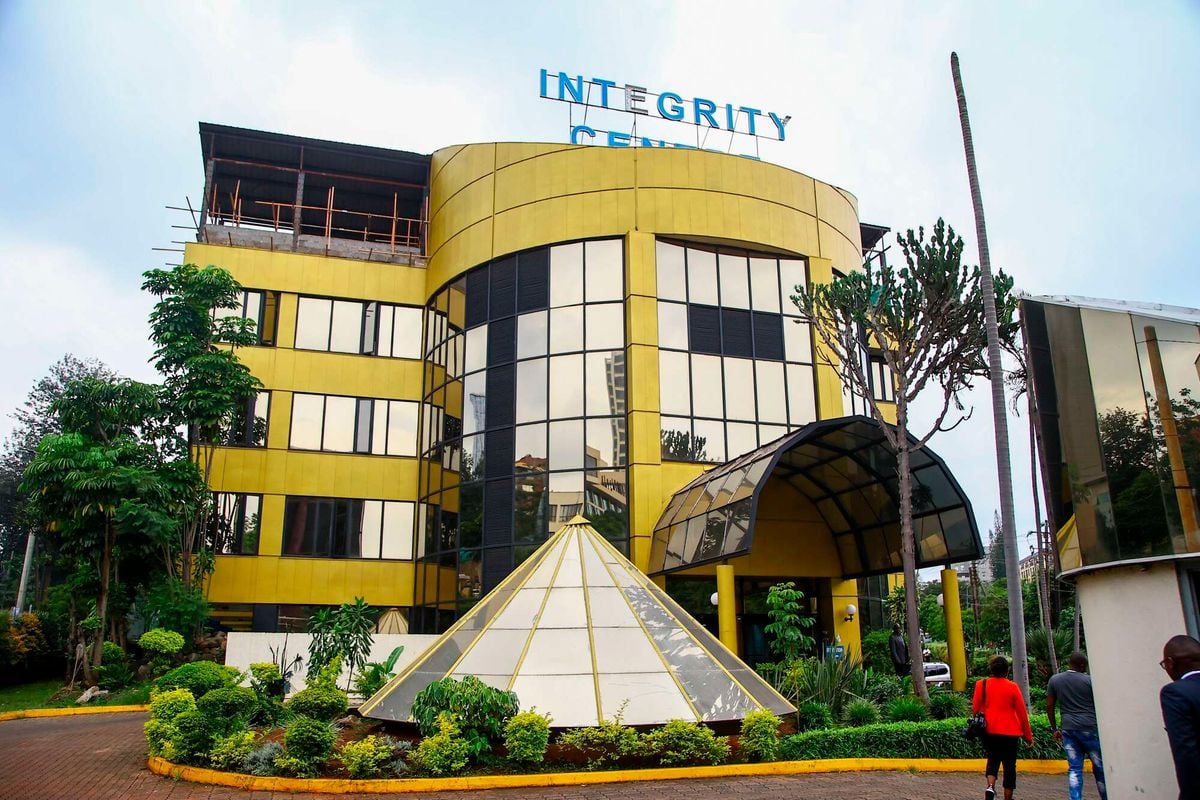By The Weekly Vision Reporter
TUK officials faced Senate scrutiny over alleged mismanagement of KSh 4.3 billion in staff pensions. During an emotionally charged sitting at Bunge Towers, the Senate Committee on Labour and Social Welfare, chaired by West Pokot Senator Julius Murgor, sought clarity on a petition filed by the University Academic Staff Union (UASU), TUK Chapter. The union represents members whose salary deductions were allegedly never remitted to the retirement scheme.
Leading the petitioners, Fred Sawenja, the UASU TUK Chapter Secretary, presented three key prayers before the committee. “The committee should help us identify those officers at the Technical University of Kenya who committed acts or omissions that led to the collapse of the scheme,” Sawenja said. “If found responsible, they should be made to account, and the committee should assist in recovering the funds for members.”
He further urged Parliament to “put in place measures that will protect staff retirement benefit schemes within public universities from suffering similar consequences in future.” His presentation set the tone for a tense session, as senators questioned the competence of university managers and regulators in safeguarding workers’ savings.
TUK Vice-Chancellor Prof Benedict Mutua admitted that the university had experienced financial difficulties that affected the remittance of deductions. “It is very clear what members were supposed to be given,” Prof Mutua said. He told senators that an audit had been completed and that Logette of Longar Advocates had been appointed by the court as the scheme’s liquidator in July 2024.
“The liquidator has provided a clear roadmap on how much each member is to be paid,” he added. “We can’t say money was stolen because the records are very clear.”
His remarks, however, drew sharp reactions from senators who accused the university of hiding behind technicalities. Kilifi Senator Stewart Madzayo pressed Prof Mutua to explain how the university would clear the unremitted deductions. “The liquidator is liquidating the benefit scheme,” he said.
“But central to this petition are the unremitted deductions from employees’ salaries. What plans does the university have to ensure these funds are made available to the scheme?”
Prof Mutua responded that the university was working with the Ministry of Education to determine and settle all outstanding dues, including interest. “There are plans in place to ensure these monies are paid once the final audit is confirmed,” he explained. “The payments will include all penalties and interest, not just the principal amount.”
Madzayo, however, expressed dissatisfaction. “We are talking about people who spent their youth working for this country and now face economic death at their doorstep,” he said. “We must ensure their interests are protected.”
Murang’a Senator Joe Nyutu also challenged the Vice-Chancellor’s claim that no money had been lost. “This money is considered lost. We are talking about retired workers who are owed billions. We need to hear directly from the liquidator whether the funds are truly recoverable,” he said.
Prof Mutua maintained that members should not lose hope, assuring that all computation data and member statements were available to guide the payout process once liquidation was concluded.
Retirement Benefits Authority (RBA) Chief Executive Officer Charles Machira painted a grim picture of the scheme’s financial state. He said the fund had 1,850 members, 1,299 active, and 551 deferred or retired. “The scheme today has assets worth KSh 775 million. However, the outstanding contributions that the university should have remitted amount to approximately KSh 4.3 billion,” Machira told the committee.
He disclosed that RBA discovered as early as 2013 that employee deductions were being deposited into a KCB Bank savings account that was later used by the university to fund its operations. A report by former service provider Alexander Forbes (now Zamara) revealed that only KSh 9.5 million remained in the account out of an expected KSh 220 million. “This was an illegality,” Machira said, explaining that RBA placed the scheme under internal administration through Octagon Pension Services in 2017 and later petitioned the High Court to wind it up.
“The longer the scheme remained open, the more members were losing their savings. Considering the size of unremitted contributions, liquidation was the only way to protect members.”
Former Vice-Chancellor Prof Francis Aduol, now serving as a Commissioner at the Independent Electoral and Boundaries Commission (IEBC), defended his tenure, saying the university’s financial crisis was beyond his control. “The position being presented by RBA, that the university wilfully refused to remit money, is not true. The funds from the government were insufficient to pay salaries, taxes, and pensions simultaneously. We had to prioritise keeping the university running,” he said.
He insisted that “no money was stolen” and urged the Senate to engage the Ministry of Education and the National Treasury, arguing that public universities suffer from chronic underfunding.
Senator Nyutu, however, dismissed the explanation. “You cannot defend using employees’ retirement savings to run the university. That is a breach of fiduciary duty and public trust,” he said.
After hours of questioning, Senator Murgor summarised the committee’s findings, noting that “negligence, weak oversight, and misuse of employee contributions” had led to the scheme’s collapse. “This committee will not accept delegated testimony from junior officers. We want the chief executives themselves to explain where the money went,” he warned.
Murgor directed that the chief executives of CPF Financial Services, KCB Bank, and Octagon Pension Services appear personally before the committee on 21st November, warning that failure to do so would attract sanctions under the Parliamentary Powers and Privileges Act.
He reaffirmed the committee’s commitment to justice. “This committee stands with the workers whose savings disappeared. We will pursue the truth until every cent is recovered and those responsible are brought to account,” he said.





